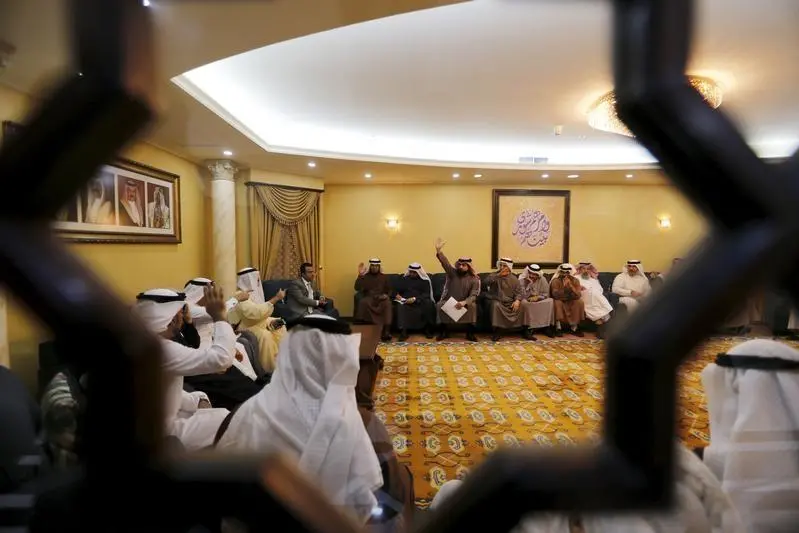PHOTO
All 40 Shura Council members yesterday gave the thumbs-up to a new-look legislation that will make it compulsory for the government to have clearly-labelled food and commodity reserves.
The 17-article legislation, presented by five members led by services committee chairwoman Dr Jihad Al Fadhel, is a spin-off from earlier proposed amendments to the 2015 Consumer Protection Law.
The government had informed the upper chamber of the National Assembly in January that it needed to review the proposed amendments, saying it didn’t fall within the purview of the 2015 law.
Dr Al Fadhel said Bahrain needed to prioritise its food and commodity stocks.
“Covid-19 has created a new reality and we need to think about the future in terms of reserves or saved items,” she said, during the chamber’s weekly session yesterday.
“There has to be a safety line under which the stocks cannot fall.
”Public utilities and environment affairs committee chairman Dr Mohammed Hassan said the legislation was a step into the future.
“This is a very important legislation as it ensures the supply of all food items and commodities, without any shortage at any time,” he added.
Committee vice-chairman Juma Al Ka’abi said the new legislation gives the minister concerned the right to temporarily stop exports or impose restrictions during a crisis.
“The legislation also gives Bahrain an edge over its counterparts in the region should a crisis occur and it could help Bahrain donate items to others should there be an excess,” he said.
Under the new legislation, the government will be obliged to clearly indicate the minimum amount required in percentage terms of safety stock.
The ministry concerned (to be named by the Cabinet), in co-ordination with the relevant authorities, will have to draw a framework, suggest plans and prepare a database and ensure the continued supply of necessary items.
Safety stock is a term used by logisticians to describe a level of extra stock that is maintained to mitigate risk of a shortfall caused by uncertainties in supply and demand.
Adequate safety stock levels permit business operations to proceed according to their plans, and, in this case, an ability to feed a nation in troubled times.
All suppliers will be obliged to present the ministry with details of labelled items within a week. The ministry would also have the right to launch an electronic link with suppliers to check directly on available stocks.
Shura public utilities and environment affairs committee has reservations on an article that defines the punishment for improper storage as a fine between BD100 and BD5,000 – which it believes should be amended to include jail time.
Traders cheating the system would be punishable with no less than a year in jail, fined between BD1,000 and BD10,000, or both.
The Cabinet has allocated BD2.5 million in the 2021-2022 state budget as operating costs for securing strategic stockpiles.
The GDN has learnt that Shura’s amendments are intended to be the mechanism for its operations.
Last year, the GDN reported that Bahrain had created strategic food stock reserves for six months because of the exceptional global health crisis.
The buffer stock was created in record time, said Industry, Commerce and Tourism Minister Zayed Alzayani at the time. He said the ministry received directives to ensure food reserves on March 8, 2020.
From March 24 to April 2, 2020 import and storage agreements for a six-month period were signed and import operations started.
The ministry’s role comprised controlling and inspecting the private sector to ensure food reserves were available under all circumstances.
The government has six months to draft the proposed bill into law and refer it to the National Assembly.
© Copyright 2020 www.gdnonline.com
Copyright 2021 Al Hilal Publishing and Marketing Group Provided by SyndiGate Media Inc. (Syndigate.info).





















